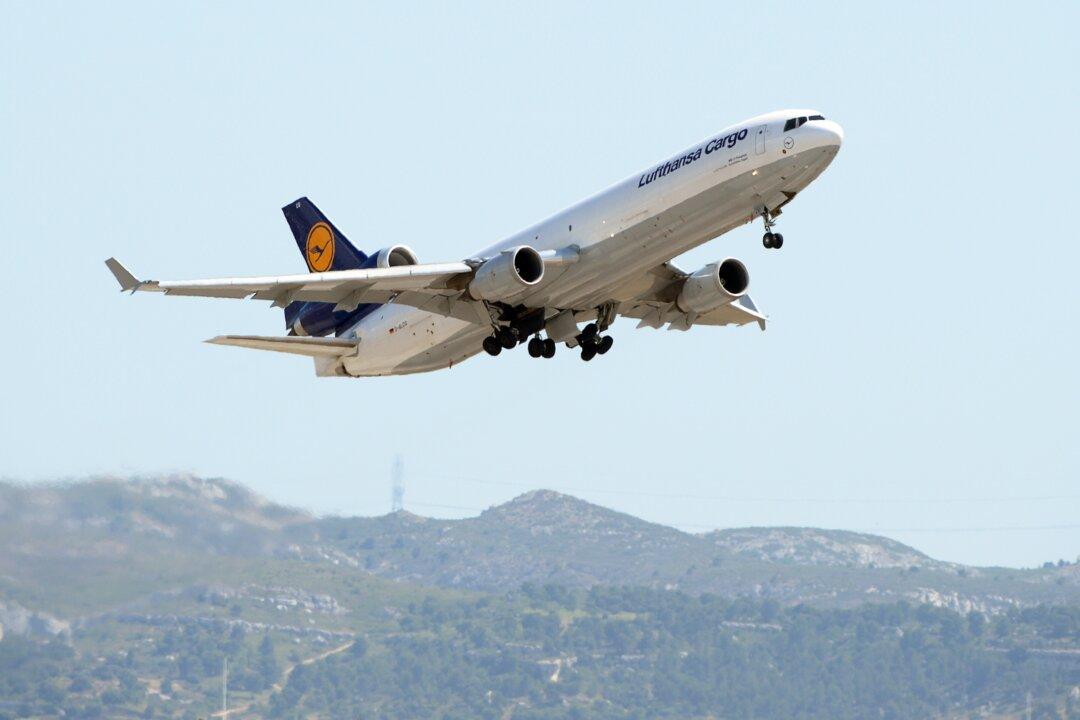The Federal Aviation Administration (FAA) has been taking steps to ensure the mental health of pilots after the Malaysia Flight 370 and Germanwings Flight 9525 tragedies.
Germanwings Flight 9525 was deliberately crashed into the French Alps by co-pilot Andreas Lubitz, who had a history of depression and suicidal tendencies. All 150 on board were killed.
“Safety is always our first priority and this includes making sure our nation’s commercial pilots undergo robust medical evaluations,” said U.S. Transportation Secretary Anthony Foxx in a statement.
“The U.S. commercial aviation community is working together to make sure pilots are able to report, and be treated for, any mental health condition. We must be confident pilots are medically fit when they enter the cockpit.”
In doing so, the FAA has decided not to carry out in-depth psychological screening of pilots due to there being “no convincing evidence” that it would be helpful. FAA Administrator Michael Huerta calls routine testing “neither productive nor cost effective.”
Instead, the FAA’s methods will focus on creating support networks for pilots that encourage them to report and seek support for mental issues.
The FAA said it will expand the use of pilot assistant programs among airlines and unions. The FAA will also “ask the Aerospace Medical Association to consider addressing the issue of professional reporting responsibilities on a national basis and to present a resolution to the American Medical Association.”
The Aerospace Medical Association is an organization that does scientific research on the fitness and safety of pilots and astronauts.
The agency also hopes to decrease the stigma around mental illness through awareness programs.
“While some conditions automatically disqualify someone from flying, many pilots have treatable conditions. We need to do more to remove the stigma surrounding mental illness in the aviation industry so pilots are more likely to self-report, get treated, and return to work,” said FAA Administrator Michael Huerta.
Medical examiners have been undergoing training since January to improve their skills at identifying pilots with potential mental health issues, the FAA said.




